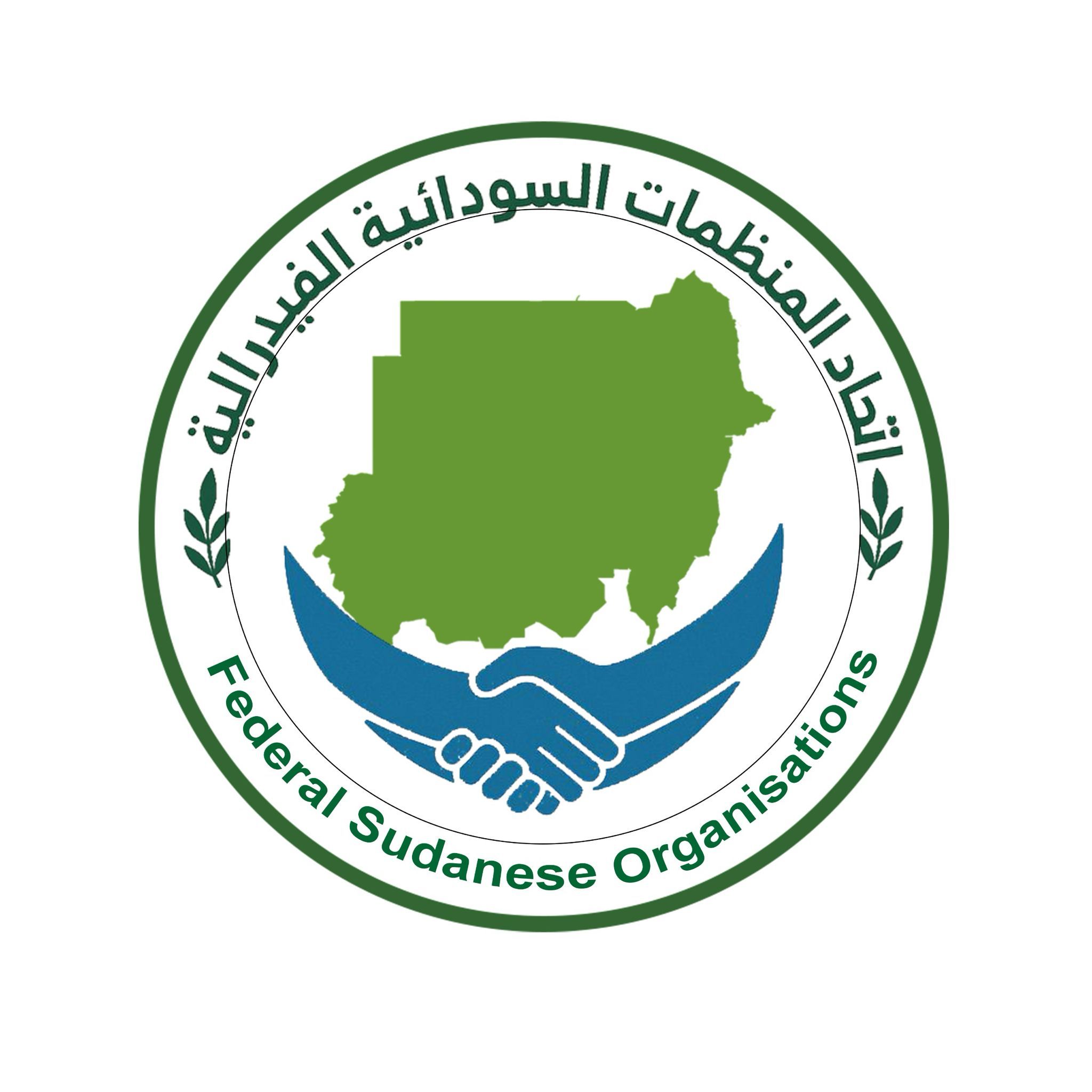Federation of Sudanese Human Rights Organizations
Human Rights Organisations Call for International Accountability for Crimes in Sudan and the Activation of Technical Support and Transitional Justice Mechanisms
Geneva / September 2025
In a joint human rights statement delivered during the 60th session of the United Nations Human Rights Council, Sudanese and international human rights organizations warned of the gravity of the widespread violations and atrocities committed by the Sudanese Armed Forces and allied militias since the outbreak of war in April 2023. The organizations stressed that the scale of the atrocities, the use of prohibited weapons, and the collapse of justice institutions make Sudan a real test of the international community’s commitment to ending the entrenched policy of impunity.
Widespread Crimes and Systematic Violations
The statement noted that the armed conflict in Sudan has resulted in tens of thousands of deaths and the displacement of millions internally and externally, amid documented reports of mass killings, systematic rape, and widespread torture. It further highlighted that the Sudanese Armed Forces and allied militias have used internationally prohibited weapons—including chemical weapons—against civilians in various parts of the country, causing devastating human, humanitarian, and environmental consequences.
The statement also reported that the targeting of hospitals, schools, and crowded markets, as well as the obstruction of humanitarian aid delivery, reveals a deliberate military policy aimed at subjugating local communities and forcing mass displacement. It emphasized that women and girls have been among the primary victims of sexual violence and enslavement, while children have suffered from forced recruitment and the denial of education.
Absence of National Justice
Sudanese human rights organizations stressed that the ongoing gross violations face no path to accountability within Sudan itself, where the judicial system has collapsed and the courts have been politicized, rendering national justice mechanisms incapable of addressing these crimes. The statement added that the absence of political will on the part of the military authorities in Port Sudan entrenches impunity and undermines prospects for national reconciliation.
Responsibility of the Human Rights Council and the International Community
The statement underscored the urgent responsibility of the Human Rights Council to ensure accountability and deliver justice to victims. It called for adequate resources to be provided to the Office of the High Commissioner for Human Rights to fully implement its international mandate, expand its programs in Sudan, and strengthen the monitoring and documentation mechanisms required. It also urged the Council to enhance the mandate of the International Fact-Finding Mission on Sudan to enable it to monitor and document violations, collect and preserve evidence of international crimes, and prepare for referrals to international judicial mechanisms, including the International Criminal Court.
Integrating Transitional Justice and Technical Support
The organizations stressed the importance of adopting a comprehensive approach that incorporates principles of transitional justice into any future political process in Sudan. This includes ensuring criminal accountability, reparations for victims, institutional reform, and guarantees of non-repetition. They affirmed that providing technical, financial, and institutional support to Sudanese civil society organizations is essential for the success of these efforts.
Calls for International Cooperation
The statement further called for strengthening bilateral and multilateral cooperation to ensure the protection of civilians and provide direct support to local organizations working on the ground, with a focus on establishing safe humanitarian corridors, extending special protection to women and children, and offering psychological and legal support to survivors of atrocities.
Sudan as a Test of International Commitment
Concluding their statement, the organizations affirmed that Sudan represents a critical test of the international community’s commitment to human rights and to combating impunity. They warned that global silence or hesitation in confronting these violations will have devastating consequences for Sudan’s future and will send a dangerous message that crimes against humanity can be committed without consequence.

